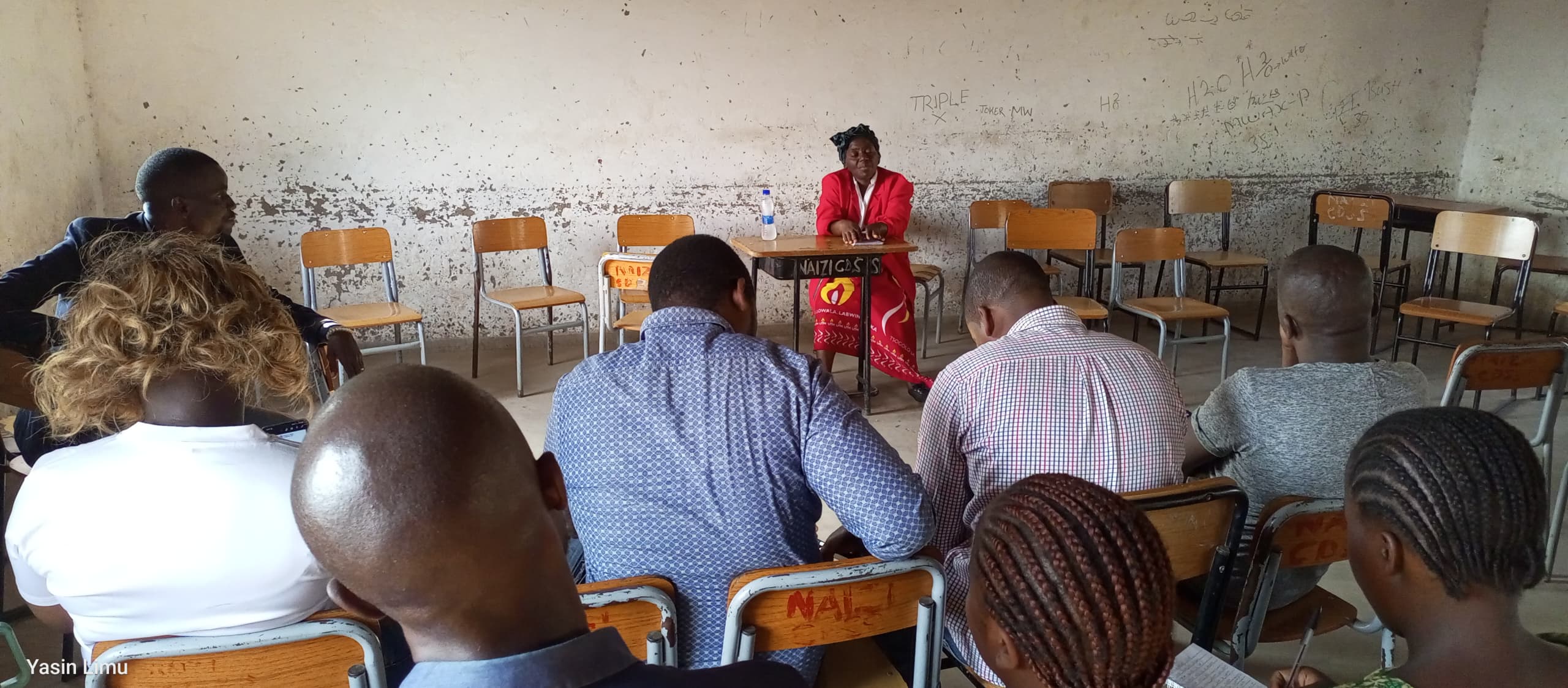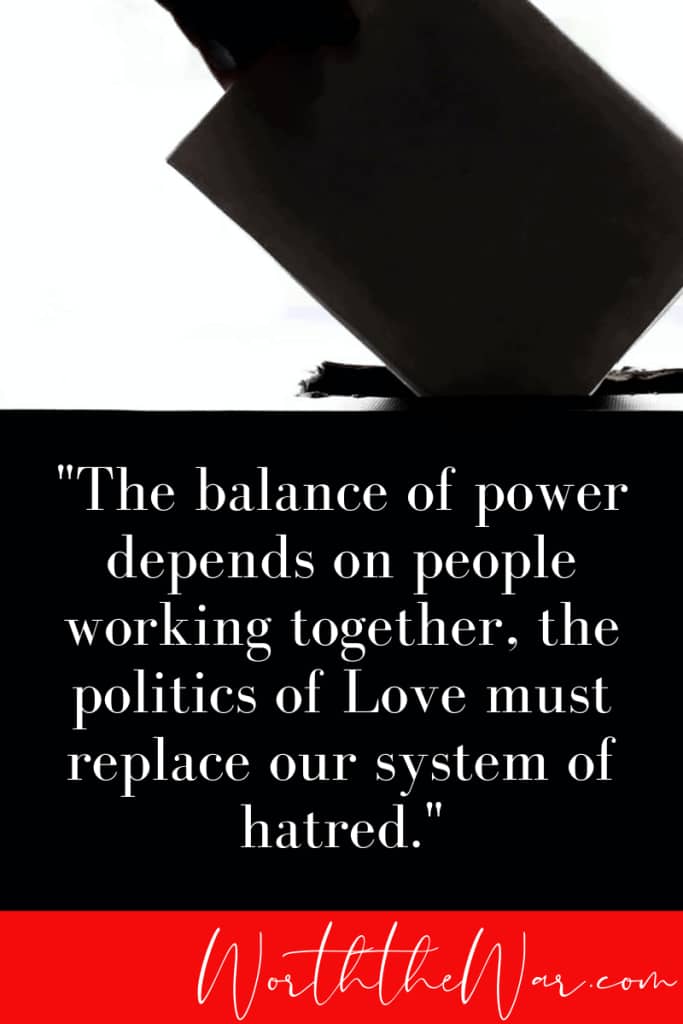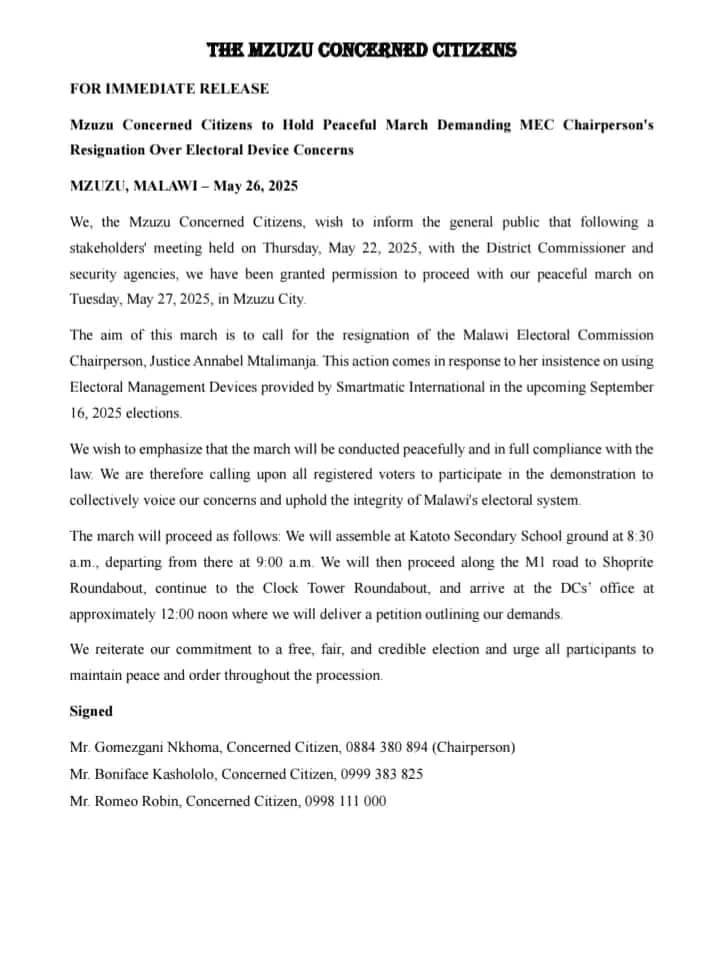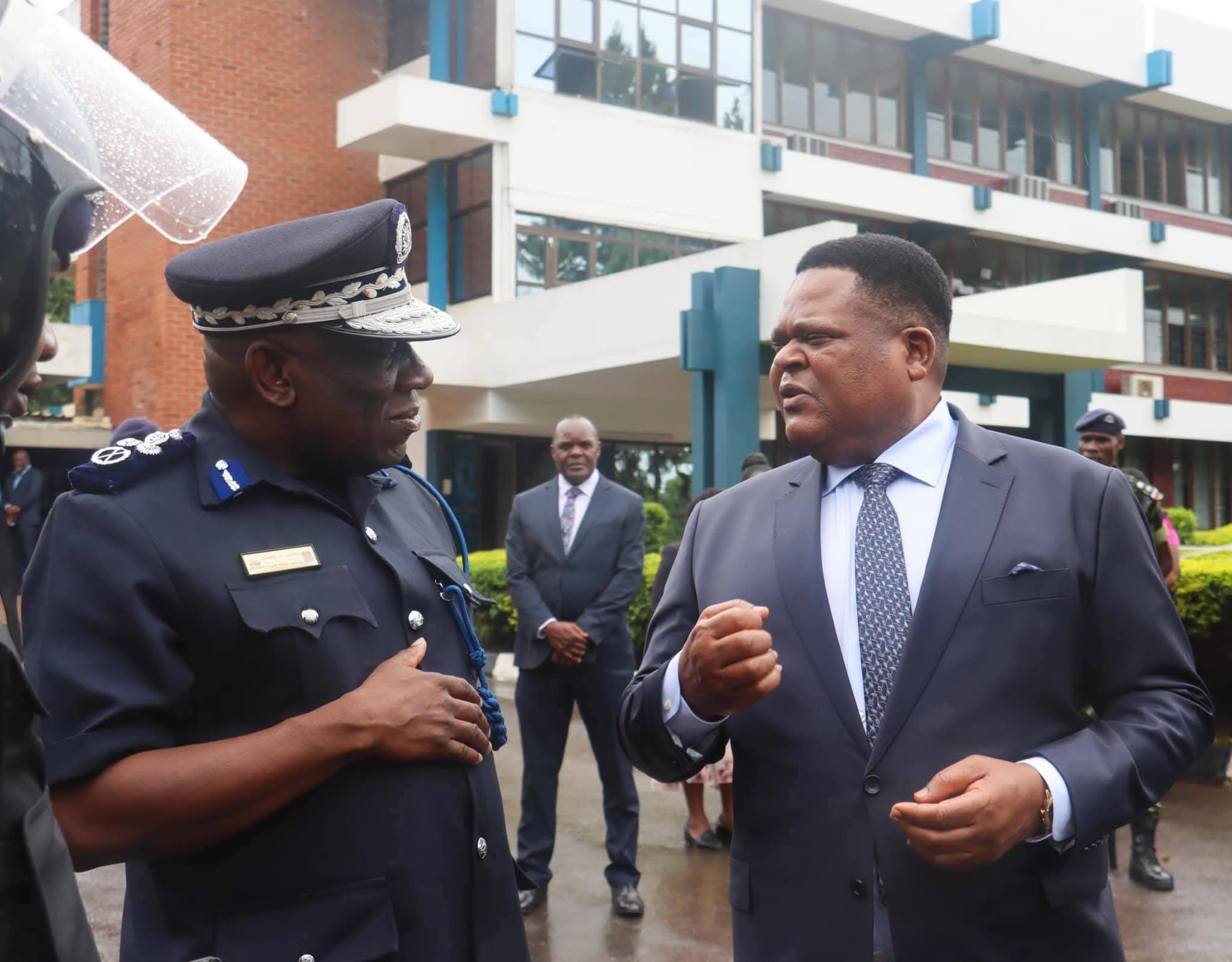By Jones Gadama
Ellipher Mvula Banda, a determined woman with a disability and a councillor aspirant under the United Transformation Movement (UTM) party, has raised concerns regarding the low turnout at her political campaigns, attributing the situation primarily to her refusal to engage in the distribution of handouts, a practice she says is outlawed but widely used by her competitors.
Speaking candidly about the difficulties she faces on the campaign trail, Mvula highlighted the imbalance created by opponents who resort to handing out incentives to attract large crowds.
Mvula pointed out that many of her fellow aspirants have been giving out handouts, which significantly boosts their attendance figures during rallies and public meetings.
“They give out handouts, and this really makes them have multiple attendees,” she said.
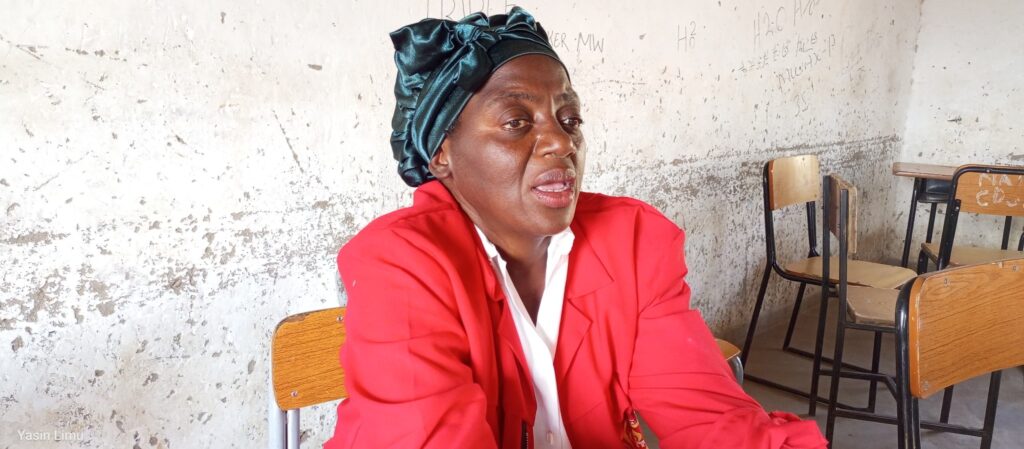
Despite this, she remains steadfast in her principles and does not worry about the disparity in numbers but is concerned about the lack of support from her own party.
She expressed disappointment with UTM’s insufficient backing, particularly regarding the 50:50 campaign that advocates for gender parity in political representation.
According to Mvula, no organization associated with the 50:50 campaign has come forward to assist women candidates in Blantyre, including herself.
She lamented that Blantyre has been overlooked, which she believes undermines efforts to promote women’s participation in politics.
Mvula had planned to hold a major rally on Friday but encountered resistance from a local village headman who refused to grant her permission for the event on that day.
The headman reportedly instructed her to hold the rally on Sunday, a day that coincides with the official closing of the campaign period.
“I was told I must conduct it on Sunday, but since Sunday is the official closing of the campaign, I will go and ask the group village headman to let me conduct it on Saturday instead,” she explained.
Her campaign manifesto focuses heavily on empowerment initiatives and addressing critical local needs.
She is prioritizing women’s empowerment and youth empowerment, urging the electorate to support candidates with disabilities.
“People with disabilities need representation, and I appeal to voters to consider us in their choice,” Mvula said.
Another significant concern highlighted by Mvula is the lack of basic health infrastructure in her ward.
She revealed that the ward currently does not have a health centre, a situation she vows to change if elected.
“The ward does not have any health centre, and I will strive to make sure that we get one,” she pledged.
Efforts to obtain comments from UTM’s publicity secretary, Felix Njawala, on these issues and the party’s position regarding support for candidates with disabilities were unsuccessful.
Njawala’s phone went unanswered after several attempts to reach him.
Other UTM councillor aspirants also shared their perspectives on the campaign dynamics and challenges faced.
Esther Chirwa, a fellow UTM woman candidate, acknowledged the difficulties of campaigning without distributing handouts but emphasized the importance of integrity.
“We want to build campaigns based on ideas and trust, not on handouts. It’s not easy, but it’s the right thing to do,” Chirwa stated.
Another aspirant, Patrick Mwale, expressed solidarity with Mvula’s call for more support from the party.
“We all need to be supported equally if we are to succeed. The party should do more to ensure that every candidate, especially those facing additional challenges, gets the assistance they need,” he said.
The situation faced by Mvula sheds light on the broader issues of ethical campaigning, inclusivity, and the role political parties play in supporting marginalized candidates.
While handouts remain a contentious issue in political campaigns, the lack of adequate backing and logistical support poses a significant barrier to aspirants who choose to campaign on principle and substance.
As the campaign period progresses toward its conclusion, the challenges raised by Mvula and her colleagues underscore the ongoing struggle for fair representation and equal opportunity in Malawi’s political landscape.
The outcome of these efforts and whether they will translate into tangible changes remains to be seen in the coming weeks.

